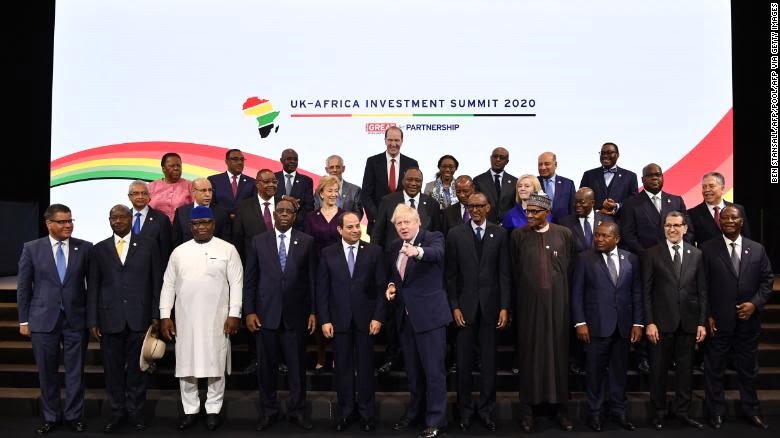The United Kingdom has already started replicating EU trade agreements, which will no longer apply when the transition period is over. According to EU statistics, the United Kingdom exported goods worth about $10 billion to the continent in 2018. That was less than other EU member states, including Belgium, the Netherlands, Italy, Spain, China, and India. But the dynamics could change after Brexit, according to Tokunbo Afikuyomi, a former trade economist who worked in the United Kingdom.
“Before Brexit, the EU made agreements on behalf of the entire union, and the interest of the UK may not have been a priority for the EU at the time of making those negotiations,” he told CNN Business. “Now Britain can negotiate with more countries as they want.”
Africa has eight of the fastest-growing economies in the world. A huge free-trade zone emerging in Africa could also help UK businesses by expanding markets and making business across borders easier. the UK government said, and there is tremendous demand for services that Britain can provide. According to the UK government, trade deals have been signed with 11 African countries, representing 43 percent of total trade with Africa in the world.
Trade deals would help reduce tariffs and other obstacles that have impeded British-African trade, but there could be some trade barriers. One of many developing countries ‘ main gaps is the lack of infrastructure. “Some countries will be unable to export goods to the UK if the opportunity presents itself because they cannot meet the required standards for trade,” said Afikuyomi to CNN business and also, Nigeria and the Democratic Republic of Congo have had trouble with the exchange rates in the past. In 2016, Nigeria devalued its currency making buying foreign products more expensive.

